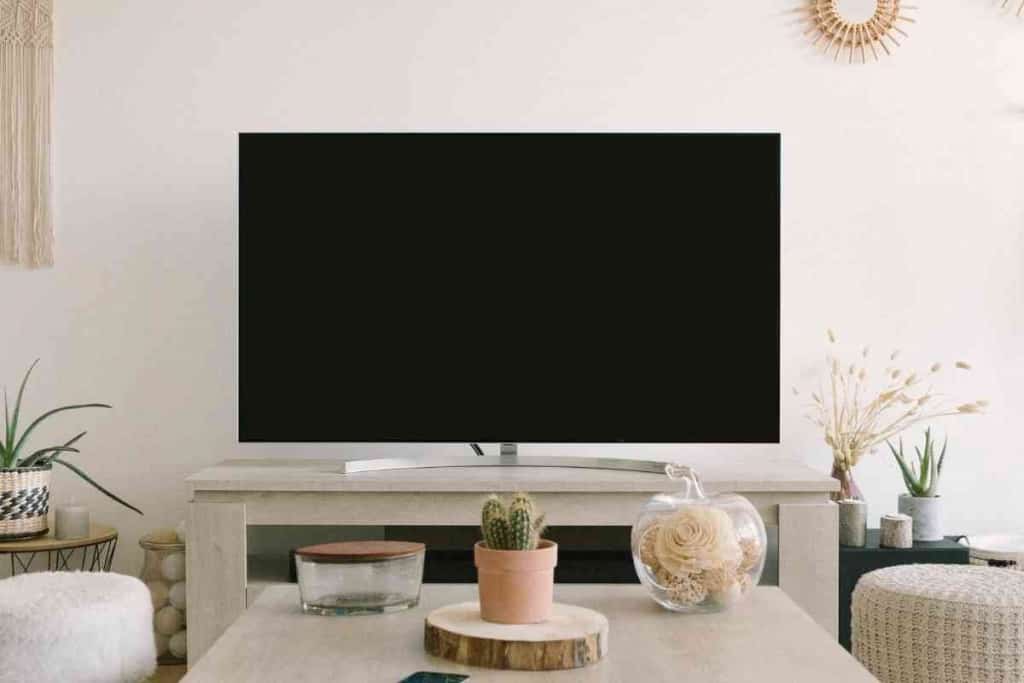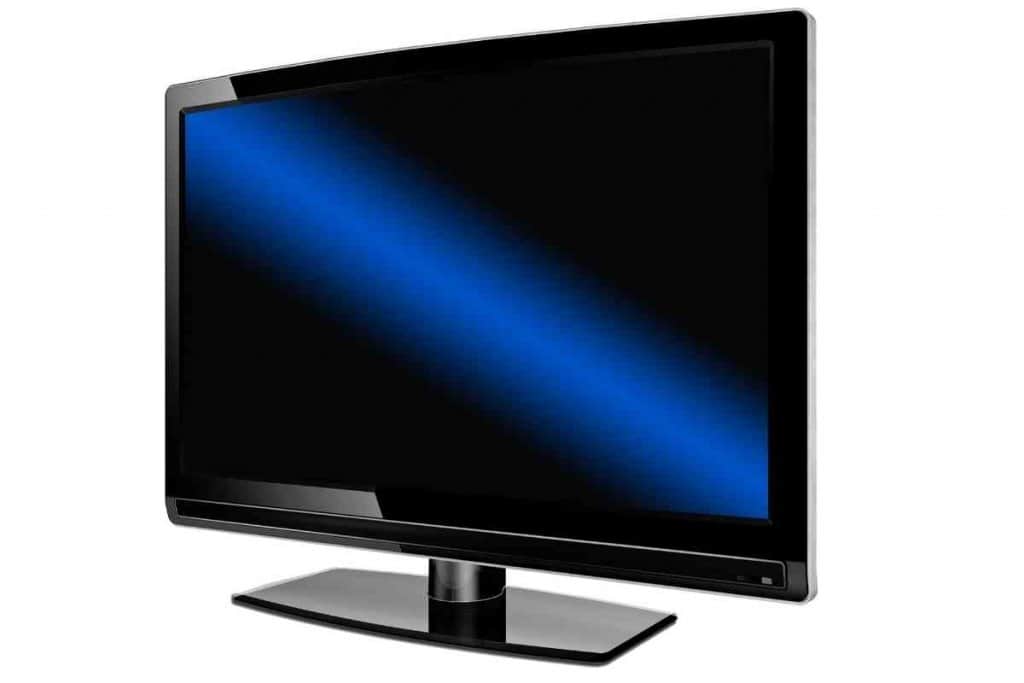How Long Do Samsung TVs Last?
Ever wondered, ‘How long do Samsung TVs really last?’ Dive in as we demystify the lifespan of these popular screens, ensuring your next purchase is informed and worth every penny.

How Long Do Samsung TVs Last?
Samsung TVs last on average about seven years, and they have a wide variety of options for consumers. Even Samsung’s cheaper models will last you for years, whether you get 1080p or 4k, but there are some ways to lengthen your Samsung TV’s lifespan.
Samsung claims that customers should expect up to seven years out of one of their TVs, even with constant usage and high brightness. However, you can extend the life of your TV by changing a few habits and settings. Continue reading to learn more about how long you can expect a Samsung TV to last. You’ll also discover some tips and tricks to get the most out of your new television.
How To Make Your Samsung TV Last Longer
First of all, the brightness shouldn’t be set too high.
This causes the LEDs in your screen to work overtime.
It’s true that LEDs are made to last a lifetime, but it doesn’t hurt to lower the brightness a bit.
It will benefit your TV and it could even help relieve stress on your eyes.
Turning your TV off’s even more important when you aren’t actually watching it.
It can be nice to have some background noise while you are doing household chores and handling other responsibilities, but this is reducing the life of your TV. Try listening to music on a stereo system instead.
Additional Tips and Tricks
Aside from keeping your TV off when you aren’t actively viewing, there are many other tips to help extend the life of your Samsung television.
The Ventilation
Like all electronics, televisions require fresh airflow to keep the components cool.
This usually isn’t a problem for people who use a TV stand, but people who mount their TVs to the wall might be overheating their television.
Make sure there is enough room on the back for the television to vent. This is actually one of the top reasons for hardware failure in a TV.
Utilize a Surge Protector
Nothing is more infuriating than having a television short-circuit during a power outage.
A power surge can completely brick your new television, making it almost impossible to fix.
A power surge causes damage to the television by sending too much electricity at once into the set.
This will melt vital components on your television’s motherboard, rendering it useless.
It’s always important to have high-price electronics plugged into a surge protector.
Some surge protectors even have built-in battery power.
It won’t power your electronics for long, but it does give you enough time to power off your TV once the power goes out manually.
Dusting and Cleaning

This ties in with ventilation, but it is its own problem entirely.
Most people regularly clean the screen; however, the backside of the television is often neglected.
Dust will build up in the ventilation holes in the back of the TV and cause overheating.
It’s important to dust and clean the ventilation area regularly to get as many years out of your television as possible.
Avoid Windows
Setting your television in front of a window makes it unwatchable during daylight hours and can damage your screen.
The components inside a television are already hot, and the sun will only heat them up more.
Overheating can actually cause the components to melt, completely destroying your television.
Always keep television sets away from windows, fireplaces, stoves, and other warm areas.
How To Buy A Long Lasting TV
There are a few things to take into consideration when buying a new TV.
Many different technologies are used to make a television functional, and not all of them are created equal.
Some are built to last longer than others, and some provide better picture quality.
In addition to quality, you’ll also want to consider viewing distance.
You can save money by buying a smaller TV, especially if you’ll be viewing the TV from a closer distance.
It’s not worth buying a giant 65-inch, 4K television if you’re going to sit just a few feet from the screen.
Instead, go for a 50-inch, 4k television, and it could save you hundreds of dollars.
OLED TVs are all the rave right now, but the older LCD technology actually lasts longer and is more reliable.
OLED screens will typically have their blue subpixels die first.
This will affect the blacks and blues on your screen – sometimes making blues completely unrenderable.
Plasma TVs were popular for a while but quickly fell out of favor.
Some brands still produce plasma TVs today, which should be avoided at all costs.
They suffer from burn-in, have a short lifespan, and are more costly than they’re actually worth.
In order to really make your television last as long as possible, you’ll want to get a TV that won’t be out-of-date in the near future.
This means avoiding 1080p and 720p TVs unless you are on a strict budget.
More and more content is being produced in 4k, so you’ll want to purchase a 4k TV if it’s within your budget.
8k TVs are available, but there are almost no content providers for 8k resolution.
In fact, it could be years before 8k becomes the standard.
Internet speeds aren’t fast enough to stream 8k reliably yet, so streaming services aren’t in a rush to produce 8k content.
Buying an 8k TV might mean that it stops working before you can even watch true 8k video on it.
Share Your Thoughts, Experience or Questions
Join the conversation! Share your thoughts, experiences, or questions in the comments below, and be a part of our tech-savvy community.
Does Brand Matter When It Comes To The Lifespan Of A TV?
Don’t think you can get a high-quality television set just because it has an LCD display.
Budget television sets are available anywhere, and like everything else, you get what you pay for.
The average LCD screen can last up to 60,000 hours of watch time; Samsung advertises many of their high-quality televisions as last over 100,000 hours.
It really does matter which brand you choose.
Low-budget options, like Vizio, AOC, and others will have a much shorter lifespan, a worse picture quality, and it could even cost you more in the long run if you have to constantly keep buying cheaper televisions.